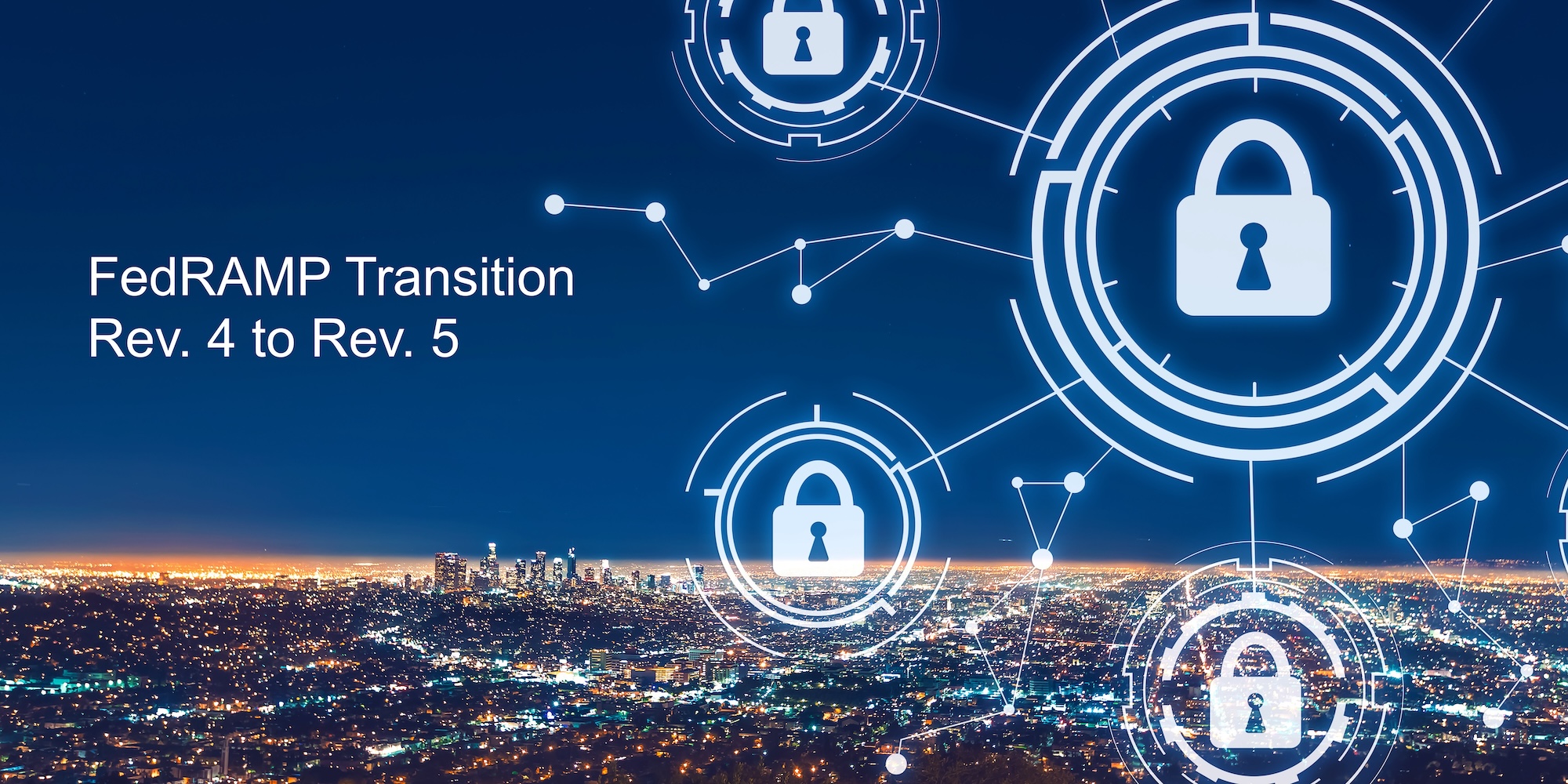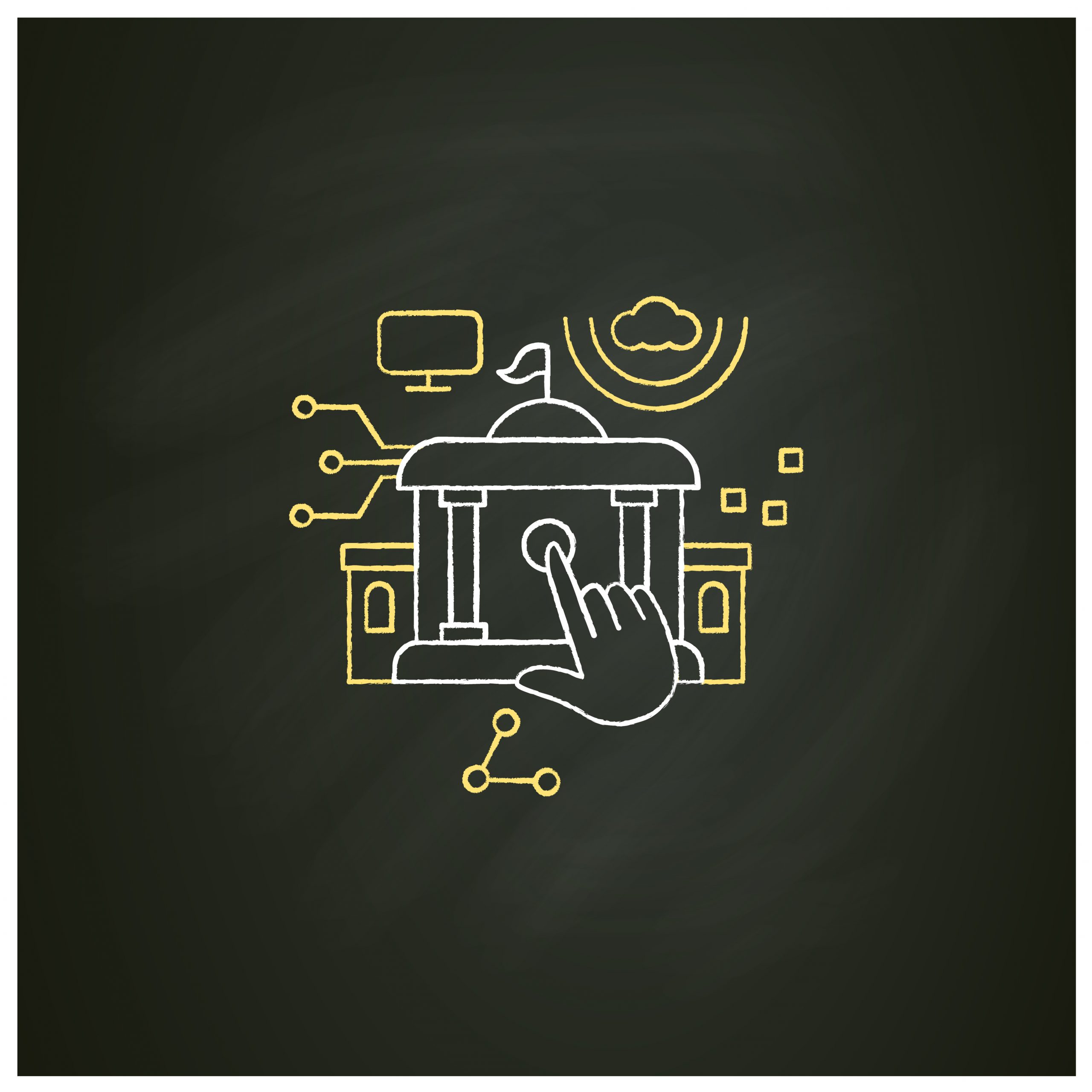Quantum computing may not be breaking encryption tomorrow, but the time to prepare for its impact is today.
By: Chor-Ching Fan
For years, quantum computing has been framed as a distant, theoretical concern. But recent progress from research institutions and major technology firms is moving us closer to a world where quantum machines can perform computations that threaten current cybersecurity protocols. Most estimates suggest that a cryptographically relevant quantum computer—one powerful enough to break today’s public-key encryption—may arrive within the next 10 to 20 years.
That timeline may seem generous, but in security and compliance terms, it’s uncomfortably short. The sensitive data you protect today—especially long-lived or regulated data—may still be valuable and exposed a decade from now if it’s harvested now and decrypted later by a quantum adversary.
This isn’t speculation. Governments, standards bodies, and global enterprises are already preparing. The U.S. government’s push for post-quantum cryptography (PQC)—with NIST leading efforts to standardize new algorithms—is a clear indicator of the direction we’re heading. For organizations subject to cybersecurity and AI compliance requirements, quantum preparedness needs to become a deliberate part of the roadmap.
The Quantum Threat to Security: What’s Really at Risk
While general-purpose quantum computing remains a work in progress, we already understand its implications for modern cybersecurity. Here are the most critical risk areas organizations should be thinking about:
- Public-Key Encryption: RSA, elliptic curve cryptography (ECC), and other widely used algorithms underpin the internet’s security protocols. A quantum computer using Shor’s algorithm could break these schemes, compromising encrypted data across industries.
- Data Confidentiality and Long-Term Sensitivity: Think “harvest now, decrypt later” risks. Encrypted data intercepted today may be stored by adversaries and decrypted in the future once quantum capabilities mature. This is particularly concerning for data that must remain confidential for years or decades—such as medical records, financial data, or intellectual property.
- Digital Signatures and Software Integrity: Quantum attacks may enable forgery of digital signatures, putting software updates, legal agreements, and identity verification mechanisms at risk. This could lead to serious implications for supply chain security and digital trust frameworks.
- Secure Communications: Encryption protocols like TLS, SSH, and VPNs depend on algorithms vulnerable to quantum attacks. Without updating to post-quantum methods, the confidentiality of communications—across everything from government to e-commerce—could be compromised.
- AI Models and Governance: Machine learning models may contain sensitive training data, proprietary logic, or operational decision-making functions. If not protected by quantum-resistant methods, these models could be extracted, reverse-engineered, or tampered with—undermining AI governance and intellectual property controls.
Reframing Compliance for a Post-Quantum Future
Quantum computing doesn’t just create a cybersecurity challenge—it reshapes the way organizations must think about compliance. Many current frameworks were designed with classical threats in mind. But compliance leaders need to begin accounting for emerging risks that quantum introduces, particularly in industries where data durability, confidentiality, and integrity are critical.
Here’s how compliance programs should evolve:
1. Begin Transitioning to Post-Quantum Cryptography
NIST has already selected a set of algorithms for standardization. Organizations should start inventorying their current cryptographic assets and planning a migration strategy toward these new quantum-resistant algorithms. Waiting for final standards before starting may put organizations behind the curve.
2. Update Cybersecurity Risk Assessments
Include quantum threats as part of annual or quarterly risk reviews. Consider the types of data your organization handles, how long it needs to be protected, and whether existing controls will hold up in a post-quantum world.
3. Revisit Data Retention and Classification Policies
Not all data needs the same level of long-term protection. Segment your data based on sensitivity and expected lifespan, and apply stronger cryptographic protections to those with higher risk exposure.
4. Strengthen AI Compliance Controls
AI governance is evolving rapidly, and quantum computing adds a new layer of risk. Ensure compliance programs around AI model management, data lineage, and system integrity account for future threats.
5. Monitor Emerging Regulatory Guidance
Government agencies—including the NSA, CISA, and NIST—are actively issuing guidelines to prepare for quantum threats. Compliance leaders should stay current with these developments to avoid regulatory gaps or reactive overhauls later.
6. Develop a Post-Quantum Readiness Plan
Treat quantum preparedness as a program, not a project. Assign responsibility, align with cybersecurity leadership, and establish timelines for assessment, remediation, and reporting. Don’t wait for mandates—organizations that move early will gain strategic and compliance advantages.
Rizkly Helps You Prepare, Today and Tomorrow
As the security landscape shifts, compliance can no longer be static. The risks associated with quantum computing—and the pace of regulatory change around AI and cybersecurity—demand an agile, forward-looking approach.
Rizkly helps organizations operationalize cybersecurity and AI compliance, from FedRAMP and CMMC to SOC 2 and beyond. Our platform streamlines documentation, workflows, evidence collection, and reporting, enabling your teams to focus on strategic actions—including post-quantum readiness.
Whether you’re building compliance into a growing AI program or transitioning your data protection strategy for the quantum era, Rizkly is your trusted partner for future-proof compliance.
Final Thought: The Best Time to Prepare is Now
A cryptographically capable quantum computer may be 10–20 years away—but the compliance effort to secure your systems and data must begin now. It’s not just about avoiding future breaches—it’s about protecting the integrity of your organization’s data, reputation, and operational resilience.
Quantum readiness starts with a conversation. Let Rizkly guide your path forward. If you’d like to chat, contact us.












